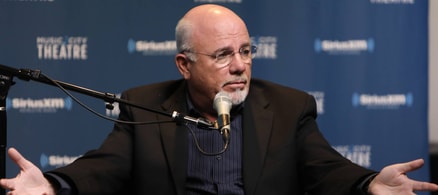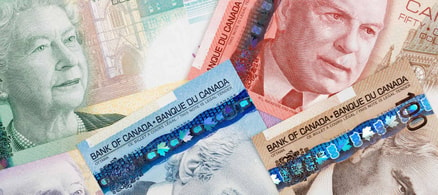-
Apply for an unsecured credit card: Apply for a Canadian credit card as soon as possible. Many of the big banks offer new immigrants a credit card with a low line of credit as part of their initial banking package, such as Royal Bank’s “Welcome to Canada” package or Scotia’s “Start Right” program. Once you get your credit card, start using it right away.
-
Apply for a secured card if need be. Not everyone will be eligible for an unsecured credit card without credit history. Those who find themselves in this position should instead consider applying for a secured credit card, which requires a refundable security deposit (typically matching the card’s credit limit). The advantage of using a secured card is that your repayment habits will be reported to the credit bureaus, allowing you to gradually build the all-important credit history you need.
-
Apply for a mobile phone. Some phone carriers, like Telus, specifically state that no credit history is required to get an account, and that they will report your post-paid subscription to the credit bureaus. While you may be tempted to get a pre-paid plan, a post-paid plan will help you build a credit history.
-
Pay your credit card bill on time. Whether paying the minimum or more, make your credit card bill payments on or before the due date. 35% of your credit score is based on payment history. If you’re late, even by an hour, your credit history will be negatively impacted. Paying on time does not mean paying your entire balance. Paying on time means paying at least the monthly minimum payment, which is shown on your credit card statement. Understand how long you have after receiving your credit card bill to make your payment, called your grace period. It’s usually around 21 days. To help you pay on time, you can set-up automatic monthly payments through your bank account.
-
Pay off your balance in full each month. While carrying a balance and making your payments on time will help your credit history more than paying in full each month, we would never recommend carrying a balance just to build your score. This is actually a myth when it comes to what affects your credit score, so be careful with your balance. Using your credit card and paying it off every month will help build your credit score as well, just not as fast. But it’s a better strategy than paying excessive interest charges just to build a credit history.
-
Get different types of credit. The credit bureaus love people with different sources of credit. So if you can manage to get a credit card, cell phone, or car loan (usually with a large deposit), it will help you build a credit history with a strong score that much faster.
-
Build your credit score with some help. Use a tool like MyMarble to help you build your credit score faster. This tool analyzes your credit score and payment habits to make customized recommendations on how to improve your credit score quicker. You’ll get an actual plan and learn what to do to increase your score as well as have access to their other credit building tools like Score Up and Fast Track Loans. That along with their financial education platform called maestro sets you up for full financial fitness. There are different plans to choose from so you make sure you only pay for the services you need. Aside from MyMarble, there are other apps and tools you can use to improve your score, such as secured credit cards.
Financial institutions will usually start using your credit history after it’s been established in good standing for a period of 18 months. But several other factors will be considered as well, including your savings history, net worth, income and ability to provide a security deposit, such as a down payment on a mortgage. These strategies should go a long way towards establishing a Canadian credit history for new immigrants.





